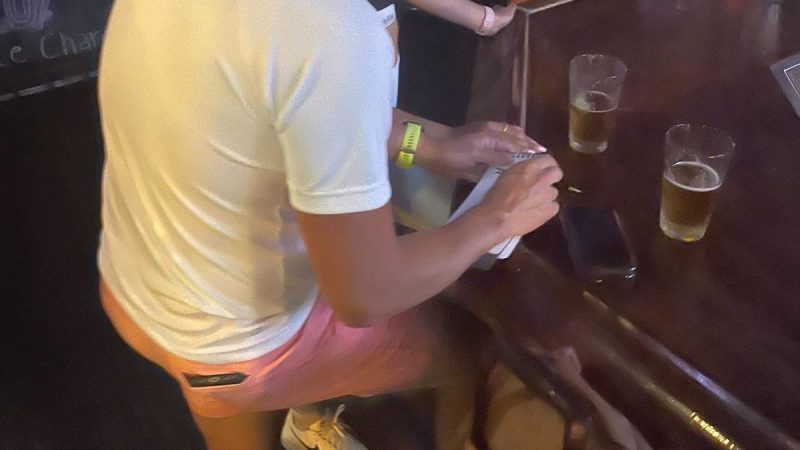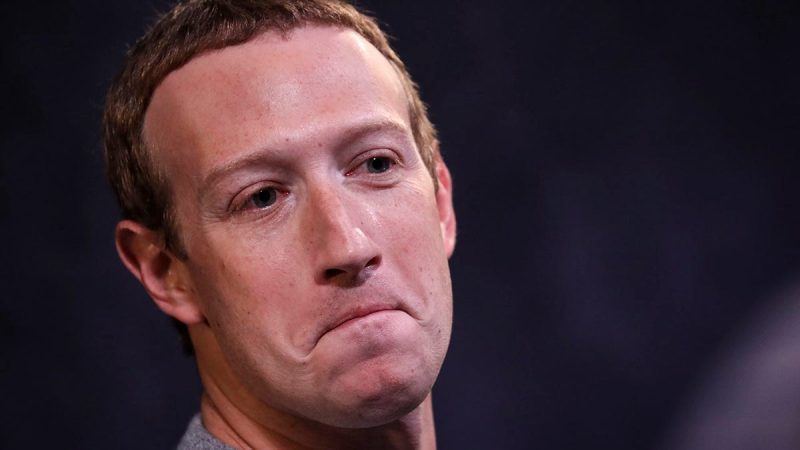
As Kamala gets coronated, Chicago gets democracy stress test
One day, airports will figure out a civilized method for catching an Uber after your flight, but that day was not last Sunday at O’Hare as a maelstrom of confused travelers stared into an endless stream of gray Toyota Camrys. Having made facial contact with my driver and exchanged names, I settled in for a bumper to bumper drive to my hotel and we began chatting.
‘Do you mind if I ask what your accent is?’ I queried. ‘I travel a lot but I can’t place it.’
‘Siberian,’ he laughed. ‘I know it’s confusing, I look Chinese and sound Russian. I hit the green card lottery.’
It turns out that the green card lottery is a few select spots for his area that he applied for on a whim and won. Four years ago he arrived, speaking no English, made his way to Chicago, and is thrilled to be here.
‘There is no democracy in Russia,’ he said. ‘Putin is dictator, and if you want a car like this you have to have a good job and that takes connections. It’s completely different.’
He doesn’t travel back to see his parents anymore, for fear of being arrested or conscripted.
It was a sobering way to enter Chicago on the week of the Democratic National Convention, and I wondered if the people here who hit the ‘born in America lottery,’ had quite such a sense of how special that is.
Chicago being Chicago, I mostly met Democrats, but not only Democrats. On my first night, I met a guy in a white and gold MAGA hat who loves trolling his hometown by wearing it. There are also many types of Democrats with their own priorities.
Several of the bartenders and hotel employees I spoke to emphasized unions. Most belonged to Local 1 of the Service Employees International Union, and they are worried about Donald Trump’s positions on the labor issue, and unclear where Harris stands on everything else. These were not woke progressives, and they also emphasized the difference between private and public unions.
‘We know the business,’ one told me. ‘We know if we ask too high, the business will shut down, the government has endless money.’
For these workers, as for so many others, their vote for president is directly tied to their jobs and bank accounts; for others, loftier notions take center stage.
One millennial couple I met was on their way to a concert sponsored by the DNC. Both Harris supporters, their political lifestyles were a bit different. In the dim-lit Chicago steakhouse, I asked if they had any friends voting for Trump. She didn’t, but he had a more rural upbringing and did.
‘We can talk politics,’ he told me of his friends back home. ‘It doesn’t get too heated, usually. We all try to listen.’
For these voters, in the upper middle class and beyond, the kitchen table politics of President Joe Biden’s composite financially struggling dad are not the core issues. They talk about abortion, and saving democracy, and Trump being horrible.
Another guy I met who was traveling for work and has a job in sports didn’t hold out too much hope that either side was much better than the other. ‘I don’t know, man, I’m not sure it matters much,’ he sighed, not angry, maybe a bit exasperated by it all.
Without exception, everyone I spoke to who was not a delegate told me that, of course, Harris should do interviews and press conferences. But as those who were delegates were quick to point out, it is not a dealbreaker for them, Trump, after all, being Trump.
On my Uber ride back to the airport on Wednesday, I was driven by another recent immigrant to our country, this time from Kuwait. ‘Why you vote?’ he bluntly asked me, referring to the convention. ‘The one with the most votes doesn’t even win.’
On this shorter midday jaunt, we talked about the electoral college, why every state has two senators, and all the other oddities of our republic.
‘In Kuwait, sometimes the prince gives us democracy, sometimes he takes it away,’ he said. ‘What’s the difference?’
It was clear that I wasn’t going to convince him, and I realized that there is no empirical way to prove the superiority of democracy, the dignity that comes with casting a ballot to have a say, being part of the citizenry at whose pleasure our politicians serve.
My first immigrant driver got it, my second didn’t. And in between, in the Windy City, everyone had their own unique take on what it means to live and vote in our democratic republic.



